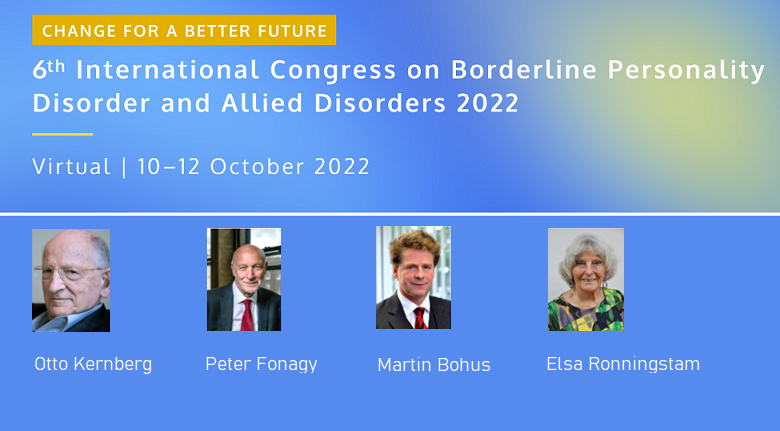Our Evolution and Personality Lab just published a meta-analysis of treatments for Cluster A of personality disorders. The paper has been published by the APA journal Personality Disorders: Theory, Research and Treatment. Here, we disprove the hypothesis that patients with Cluster A personality disorders are poorly adherent to treatments and that these are not effective. Our data suggest that with respect to these outcomes, Cluster A is not dissimilar from other clusters.
Despite an overall prevalence of about 4% and a possible association with well-studied conditions such as schizotypy, little is known about effective treatments for Cluster A personality disorders (PDs), that is, para- noid, schizoid, and schizotypal PD. The aim of this systematic review and meta-analysis was to conduct a narrative synthesis of existing randomized controlled trials and explore the effectiveness of psychosocial and pharmacological treatments for these disorders. Nineteen studies including 468 participants diagnosed with any one of the three Cluster A PDs were included in the systematic review. Data from 291 (k = 5) and 213 (k = 5) participants were included in two different meta-analyses evaluating the reduction of distinctive clin- ical features and the increase of general functioning following treatment, respectively. All the treatments in meta-analyses reported a low overall attrition rate (0.23). The two meta-analyses showed medium-to-large effect sizes (g = .60–.91), but were limited by small sample sizes and large heterogeneity. Collected findings suggest that treatments for paranoid, schizoid, and schizotypal PD may be feasible and effective. We discuss implications for further research.
This systematic review and meta-analysis aimed to explore the feasibility and effectiveness of existing psychosocial and pharmaco- logical treatments for all the Cluster A PDs, that is, PPD, SZPD, and SPD. Despite the heterogeneity of the studies and the limited sample sizes, important findings emerge. Both the narrative synthesis and the two meta-analyses invalidated the hypothesis that patients with these disorders are unlikely to complete treatments and that treat- ments are not safe. Our results suggest that the level of feasibility and safety of treatments for Cluster A PDs are similar to those for all other PDs. Existing treatments also appear to be sufficiently effective in reducing distinctive clinical features and increasing general functioning. Numerous constraints of generality urge the development of new research to identify robust mechanisms of change and effective treatments.
Cheli, S., Wisepape, C. N., Witten, C. D. Y., Floridi, M., Cavalletti, V., Hasson-Ohayon, I., Brüne, M., & Ottaviani, C. (2025). Psychosocial and pharmacological interventions for cluster a personality disorders: A systematic review and two exploratory meta-analyses. Personality Disorders: Theory, Research, and Treatment. Advance online publication. https://doi.org/10.1037/per0000732








